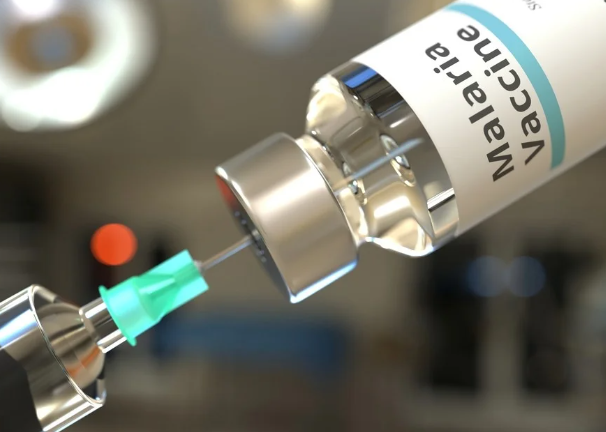The Federal Government has confirmed that it has taken delivery of one million doses of the R21/Matrix-M malaria vaccine, which was done by Gavi and the Vaccine Alliance to the country. The Vaccine was handed over to the government in Abuja on Thursday in a brief ceremony.
In a milestone in December 2023, the World Health Organisation added the R21/Matrix-M malaria vaccine to its list of prequalified vaccines to be taken by humans around the globe. Earlier in October 2023, the WHO recommended the use of the vaccine for the prevention of malaria in children after advice from the WHO Strategic Advisory Group of Experts on Immunisation and the Malaria Policy Advisory Group.
At the handing over held in Abuja the nations capital, the Executive Director and Chief Executive Officer of the National Primary Healthcare Development Agency, Dr Muyi Aina, noted that the delivery of the vaccine from Gavi has shown the commitment of the current administration led by Bola Tinubu to the protection of lives and properties in the country.
It was noted that Nigeria is among the top ten contributors to the global burden of malaria, which accounts for approximately 27 per cent of the global burden and 31 per cent of malaria deaths worldwide. He noted that in 2022, nearly 200,000 deaths from malaria occurred in Nigeria, with the prevalence mostly affecting women and little children. The boss noted that the country currently has a malaria prevalence rate of 22 per cent in children aged six to 59 months as of 2021.
He noted the delivery will quicken the effort of the government in the control of Malaria and its elimination efforts, He noted that the country has expected a reduction in the cases of hospitalization of severe cases of malaria, with the WHO recommending prioritisation of high to moderate risk areas which is guiding the roll out of the vaccines.
The NPHCDA boss noted that the government have decided to start the rollout of the vaccine in Kebbi and Bayelsa in November 2024.
He explained the choice by stating that Kebbi was chosen because it has the highest prevalence rate in the country which is 52% while Bayelsa is selected because its target population of 69,935, and that of Kebbi’s 162,014, aligns with the one million doses available for the phase of the rollout which will help and effective use of the vaccines available to the country.
He disclosed that the vaccine will be administered to children aged five months to 15 months as part of routine immunisation. To be fully protected, a child requires four doses, given at 5, 6, 7, and 15 months of age. The introduction will be expanded to other states and integrated into our national routine immunisation schedule as we receive additional doses.
He noted that the second phase of the exercise will target 19 States and FCT, while the third phase will target the remaining 15 States. Both phases are scheduled for 2025. It was further stated that to ensure a successful roll-out, the government has established an elaborate cross-program coordinating mechanism that brings together key stakeholders and expertise in malaria and immunisation space at the national and sub-national levels.
He concluded by noting that the team has developed a robust and responsive demand generation strategy that is citizen-centred and recognizes the needs and expectations of stakeholders at all levels, including caregivers, community gatekeepers and front-line health workers.




